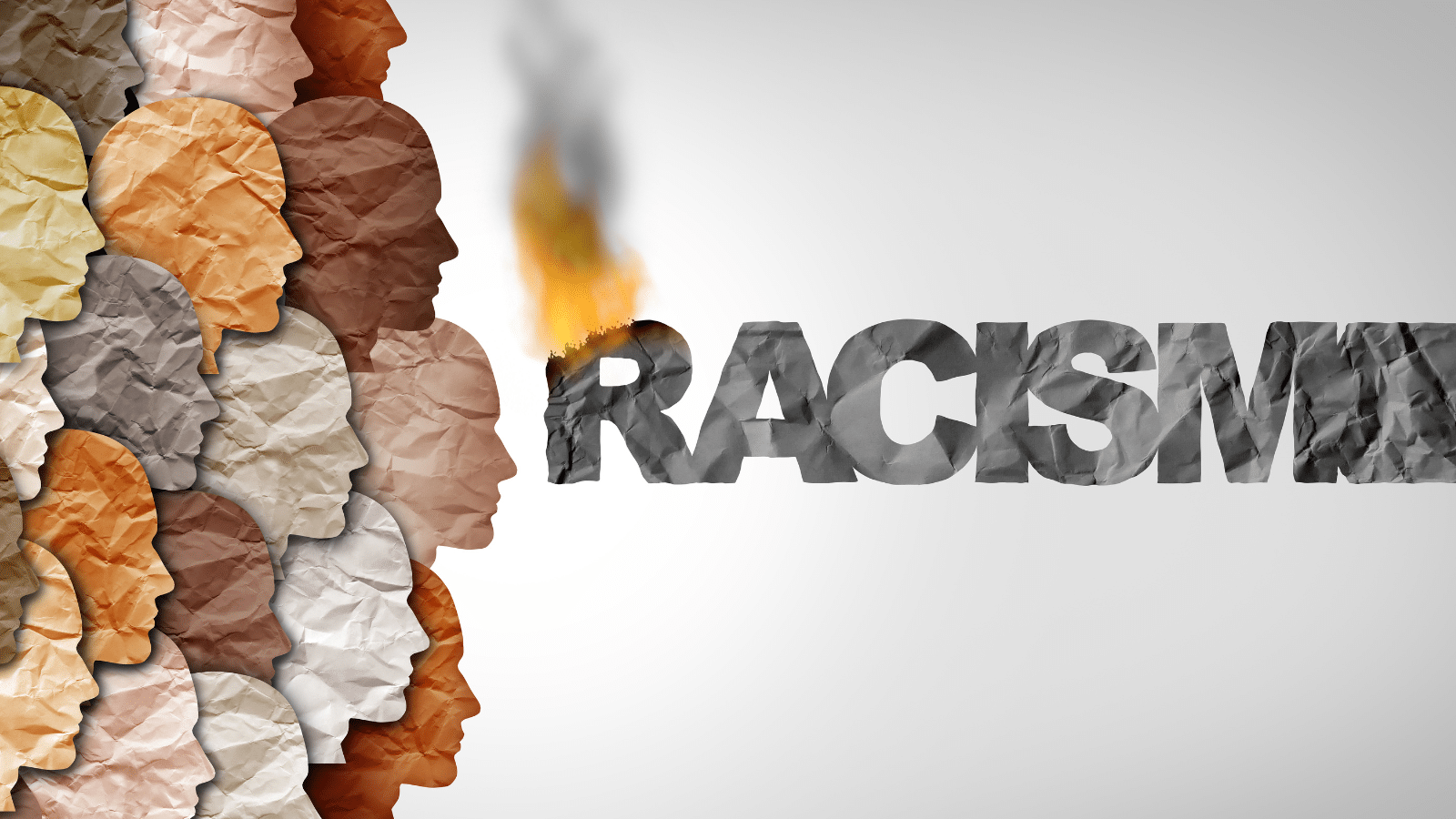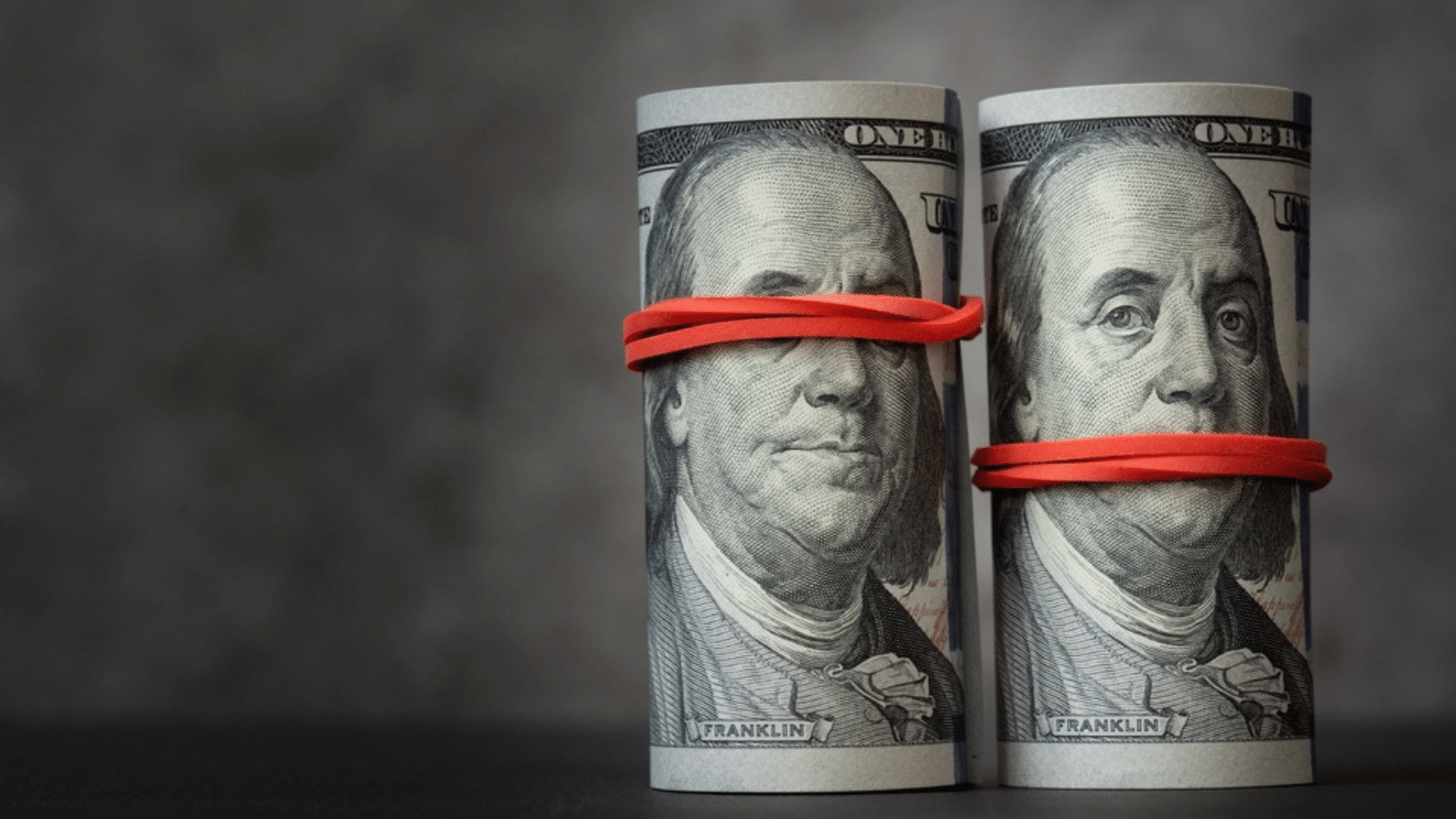The Inquisition was a dark period in Christian history where the Church sought to root out heresy through brutal and often lethal means. Torture and execution were common, and many innocent lives were lost in the name of religious purity.
The Role in Colonization

Christianity played a significant role in the colonization of various parts of the world, often leading to the suppression of indigenous cultures and beliefs. The spread of Christianity was used to justify many harmful actions, including the enslavement and exploitation of native peoples. Even there are still ongoing effects of colonization on minority groups today.
The Witch Hunts

The witch hunts of the 15th to 18th centuries were fueled in part by Christian dogma and a deep-seated fear of witchcraft and heresy. Thousands of women and men were accused of witchcraft and executed, often with little to no evidence. Religious beliefs have heavily influenced witch hunts and have shaped societal attitudes toward women and power.
Religious Wars and Conflicts

Christianity has been at the center of numerous wars and conflicts throughout history, from the Crusades to various sectarian conflicts. These wars have resulted in the loss of millions of lives and immense suffering. Religion has played a big part in these violence and conflicts.
The Treatment of LGBTQ+ Individuals

Many Christian denominations have a history of condemning homosexuality and marginalizing LGBTQ+ individuals, leading to discrimination, violence, and even death.
The Issue of Clergy Abuse

The sexual abuse scandal within the Catholic Church, as well as other Christian denominations, has brought to light the horrific exploitation of the vulnerable by those in positions of religious power.
The Prosperity Gospel and Financial Exploitation

The prosperity gospel is a controversial Christian doctrine that equates faith and righteousness with wealth and success. This has led to the financial exploitation of believers, particularly in vulnerable communities.
The Role in Slavery and Racism

Christianity was used to justify slavery in the United States and elsewhere, with the Bible being interpreted to support the subjugation of Black individuals. This legacy of racism continues to influence Christian communities and broader society today. This is a dark chapter in history and still has ongoing ramifications.
The Suppression of Scientific Progress

Throughout history, the Church has, at times suppressed scientific ideas and discoveries that conflicted with religious doctrine, most famously in the case of Galileo.
The Struggle with Modernity and Relevance

In the modern era, Christianity faces the challenge of remaining relevant in an increasingly secular and diverse society. This has led to internal conflicts and a crisis of identity for many Christian communities.
The Challenge of Religious Extremism

Christian extremism continues to pose a threat to peace and security around the world, from domestic terrorism to international conflicts. It is evident there are roots of religious extremism within Christianity that need to be addressed and mitigated.
The Disparity Between Teachings and Actions

There is often a noticeable disparity between the teachings of Christianity—centered on love, compassion, and justice—and the actions of some Christian individuals and institutions.
The Issue of Women’s Rights

The role of women in the Church and in Christian theology has been a point of contention for centuries, with many denominations limiting the participation and leadership of women.
The Role in Environmental Degradation

Some interpretations of Christian doctrine have led to a disregard for environmental stewardship, contributing to the exploitation of natural resources and environmental degradation.
The Stance on Birth Control and Overpopulation

Many Christian denominations have taken a strong stance against birth control, contributing to issues of overpopulation and resource scarcity. Having an overall impact on global health and development.
The Relationship with Other Religions

The history of Christianity includes periods of tension and violence with followers of other religions, leading to lasting animosities and mistrust.
The Use of Fear in Religious Practice

Fear has been a tool used by some Christian leaders and institutions to control and manipulate believers, instilling a fear of hell and divine punishment. There needs to be a change in these tactics and an evaluation of previously used practices.
The Role in Social and Economic Inequality

Christianity has, at times, upheld social hierarchies and economic systems that perpetuate inequality and injustice. We must examine how religious doctrine has been used to justify inequality and discuss movements within Christianity toward social justice and equality.
The Issue of Child Indoctrination

The practice of indoctrinating children into religious beliefs from a young age has raised ethical questions about autonomy and freedom of thought.
The Challenge of Biblical Literalism

The belief in the literal truth of the Bible has led to conflicts with modern science and ethical standards. It is crucial to consider the challenges of biblical literalism, the historical and cultural context of biblical texts, and the movement towards a more symbolic and nuanced interpretation of scripture.
The Lack of Accountability for Christian Leaders

The lack of accountability for Christian leaders, particularly in cases of financial misconduct and abuse, has damaged the credibility of Christian institutions. Leaders must know the importance of transparency and accountability and efforts to address these problems.
The Struggle with Sexual Ethics and Purity Culture

The focus on sexual purity and the stigmatization of sexual activity outside of heterosexual marriage have led to shame, guilt, and harm, particularly for young people. In this day and age, we must discuss the impact of purity culture and the movement towards a healthier sexual ethic.
The Tension Between Faith and Rationality

The tension between faith and rationality has been a longstanding issue within Christianity, leading to skepticism and disbelief among some.
The Role in Cultural and Historical Erasure

The spread of Christianity has, at times, led to the erasure of indigenous cultures and histories, as well as the destruction of historical artifacts and sites.
The Influence of Political Power and Corruption

The entanglement of Christianity with political power has led to corruption and the manipulation of religious beliefs for political gain. There must be a separation of church and state and efforts to address political corruption within religious institutions.
The Problem of Exclusivity and Salvation

The belief in Christianity as the only true path to salvation has led to exclusivity and a lack of acceptance of diverse beliefs and lifestyles.
The Impact on Mental Health

Certain Christian teachings and practices have been shown to negatively impact mental health, leading to anxiety, depression, and feelings of unworthiness. It is important to be aware of the impact of religious trauma on mental health.
The Need for Reform and Reflection

Recognizing these harsh truths necessitates a period of reflection and reform within Christianity to address past harms and work towards a more just and compassionate faith. It is essential to acknowledge historical and contemporary issues, the role of individual believers in driving change, and the path forward for Christianity.
21 Things That Shout You’re “Lower Class” According To Men

Class wars creep up in all aspects of life, including dating. We take a look at the things that men believe are telltale signs that you are lower class.
21 Things That Shout You’re “Lower Class” According To Men
Boomer Zoomers vs. Millennial Meh: 10 Cars the Older Gen Loves but Millennials Just Can’t Stand

The change in the automotive industry has been incredible over the year. Baby boomers born between 1946 and 1964 can’t get enough of the cars listed below, as muscle cars emerged in the 1960s, and new technologies appeared in the 1970s and 1980s. You can imagine why boomers genuinely appreciate these vehicles.
Boomer Zoomers vs. Millennial Meh: 10 Cars the Older Gen Loves but Millennials Just Can’t Stand
Across the Pond Disdain: 18 Horrendous American Habits Foreigners Just Can’t Stomach

There is a lot to love about America, from the bright lights of New York to the incredible breakfasts, but foreigners also dislike many things. We look at everything from poor public transport to an intimidating tip culture, sharing 18 things that America could be better at.
Across the Pond Disdain: 18 Horrendous American Habits Foreigners Just Can’t Stomach
Out with the Old: 18 Gen X Fads That Millennials and Gen Z Just Can’t Vibe With

While some old habits die hard, there are some things that Gen X need to eliminate as they are no longer relevant.
Out with the Old: 18 Gen X Fads That Millennials and Gen Z Just Can’t Vibe With
18 Unpleasant States You Might Want to Skip on Your Next Trip

When thinking of America, we don’t expect there to be boring or unpleasant places to visit. We see all the different states on the TV, and they show the best parts. However, there are some states you won’t want to visit, and you should brace yourselves if you ever happen to stumble into them.
18 Unpleasant States You Might Want to Skip on Your Next Trip






